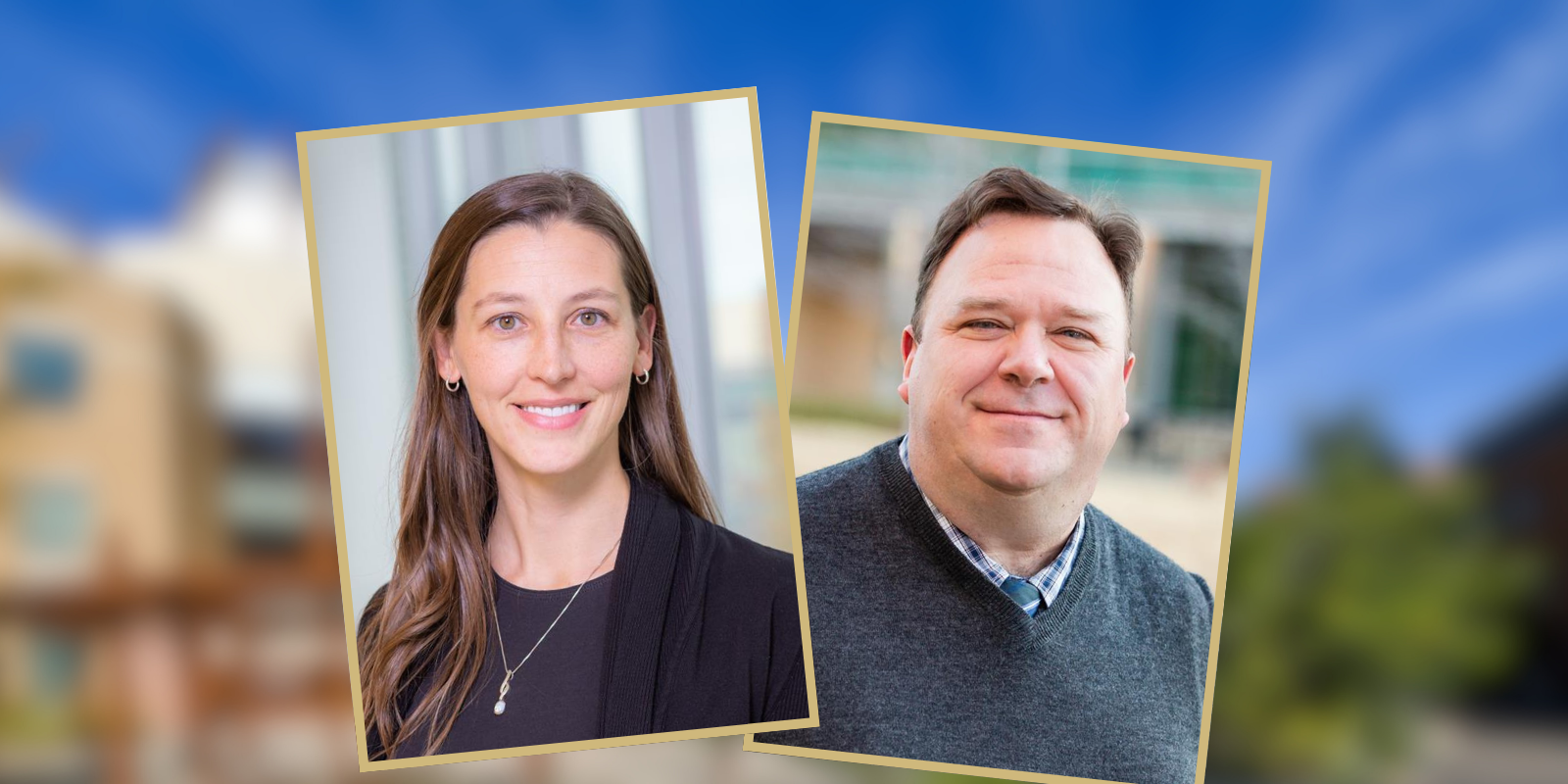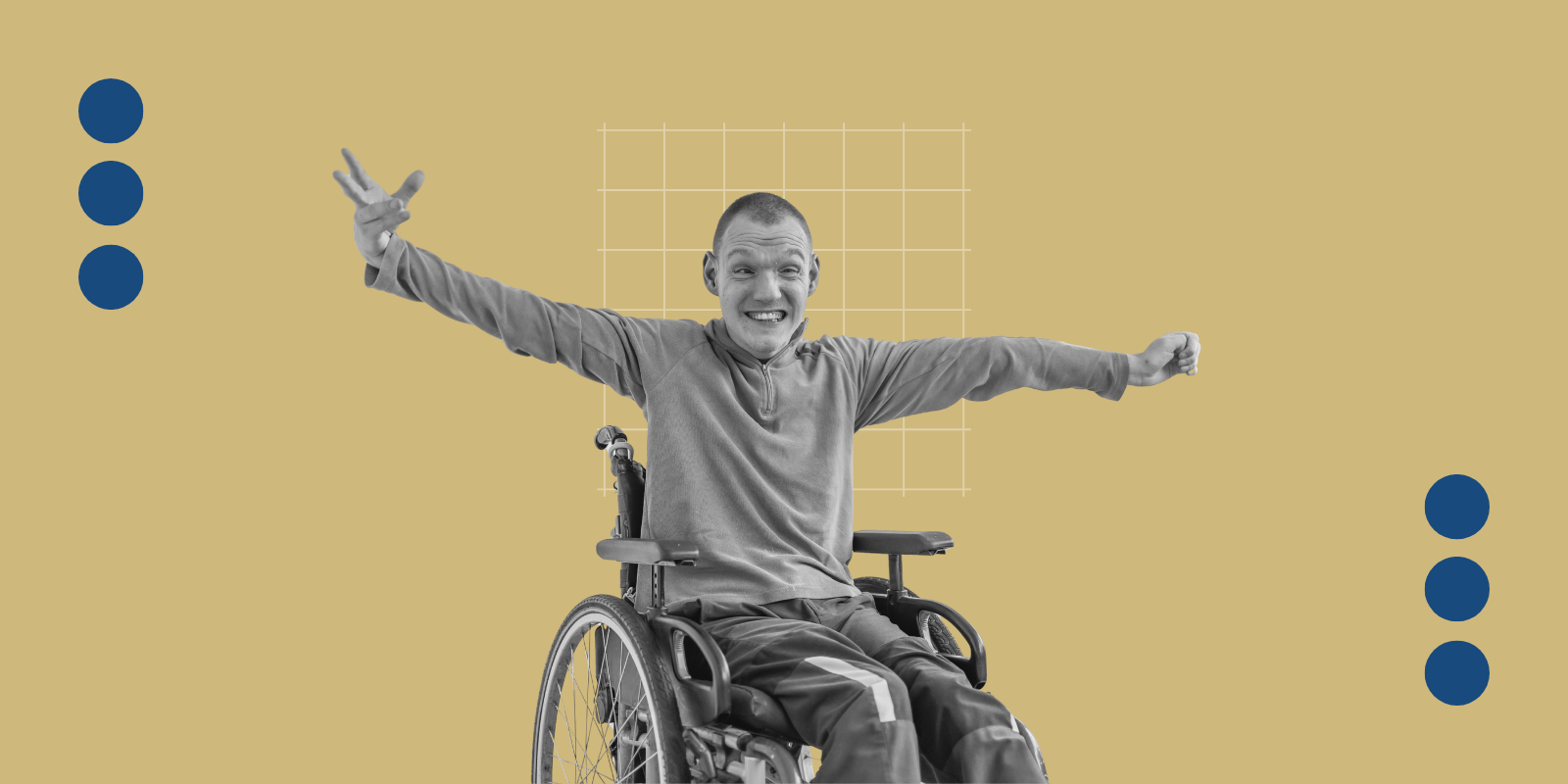Youth advisory boards are becoming more important to engage young people in research, however, little is known of the effectiveness of giving adolescents a voice.
New funding from the Patient-Centered Outcomes Research Institute (PCORI) will allow researchers from across the University of Colorado Anschutz Medical Campus to study the science of engagement for youth in research.
The study is co-led by Stephen Scott, MD, MPH, associate professor of obstetrics and gynecology, and Sarah Brewer, PhD, MPA, assistant professor of family medicine and co-director of the Training, Education, and Mentorship (TEaM) Core at ACCORDS.
Their work will set a new standard for inclusion of youth in research practices through the documentation and testing of evidence-based best practices, processes, and outcome measures.
“The purpose is to create a model that allows us to engage young people in answering the questions they have about their complex medical issues,” says Scott, endowed chair for perinatal mental health. “We tend to develop research from our own perspective, so this will allow us to better ask and answer questions that are important to patients and their families.”
Guidelines for effective engagement
Scott is the director of pediatric and adolescent gynecology research at Children's Hospital Colorado. His work focuses on the development of infrastructure that allows clinicians and patients to better participate in research at the hospital.
Despite the importance of health research focused on youth, they are often left out of the research process. Much of the research done today is focused on adults, without considering the developmental stage that youth are in, the ways they process information and then engage with the world. When research is focused on youth, there is little guidance nor best practices around how to involve youth in informing and participating in the research process.
To examine the skills and activities best suited to obtain perspectives from young people on health research that impacts them, researchers are creating a mixed methods study to weave together the lived experience of youth with the quantitative methods.
“We are starting to see a body of work around people who are bringing youth into asking and answering big questions about health, but what we don't have are a lot of best practices for this work,” Brewer says. “Those step-by-step pieces can be really important for effective engagement.”
The team will work through three aims to develop tools addressing specific ways to help youth understand and contribute to the research process, specifically through youth advisory board roles.
Ensuring youth voices are heard
Youth co-investigators will join the research team to have equal say in decisions about the project, the measures being used, and how other youth participants are recruited.
Recruiting diverse members, including across age and medical conditions, can be a challenge for youth advisory boards. The youth co-investigators will play an important role in engaging other youth to support engagement and open communication.
The first youth co-investigator to join the project, Na’Kia, is interested in pursuing a career in medicine and attends the University of Colorado Denver.
“Na’Kia is really engaging and will be a strong advocate for the younger and more quiet participants to help ensure their voices are heard,” Scott says.
In addition to the co-investigators, there will be a Youth Research Consortium, which includes youth who have experience serving on advisory boards. They will be part of focus groups, along with their caregivers, and other researchers who work with youth advisory boards.
They will help co-design a package that includes guidelines and measurements for youth advisory boards.
During the final aim of the project, existing youth advisory boards will test the newly developed tools in their real-world settings. This will allow the study team to test if the co-designed package is effective at increasing youth engagement.
“We hope to provide a framework and a pathway for other groups to utilize the knowledge that we gain to make research more informed for young people,” Scott says.
Multi-disciplinary collaboration
Scott and Brewer intend to engage patients beyond the Department of Pediatric and Adolescent Gynecology at Children’s Hospital Colorado, to include patients with various medical conditions and various perspectives.
“We have a little bit of a focus in OBGYN, but we are really interested in this across specialties,” Brewer says. “We have reached out to colleagues across the country who are engaging youth in their work, so we are thinking about this across youth health.”
Andrea Jimenez-Zambrano, PhD, MPH, assistant professor of pediatrics and methodologist in the Qualitative and Mixed Methods Core at ACCORDS, will join the research team to share her expertise in culturally relevant study design.
Jimenez-Zambrano will support the study in engaging diverse populations, including representation from Hispanic and Latinx communities. The team anticipates completing a portion of the qualitative research in Spanish.
Co-investigator, Jill Kaar, PhD, associate professor of pediatrics and director of Research Outcomes in Children's Surgery at the Center for Children’s Surgery, is a behavioral epidemiologist who studies how health behaviors impact health and well-being of children and adolescents.
Kaar’s expertise in health literacy will support patients in making informed decisions on their health, as well as disseminating the information to other youth.
“We want to understand the experience of engaging in research as youth, because that helps us understand how to best serve and engage them in the process, but also to share stories that will engage other youth and make this process less intimidating,” Brewer says. “There is real potential in this project to demystify research from the peer experience.”
The project is set to begin in June 2025 and continue over the next three years.



